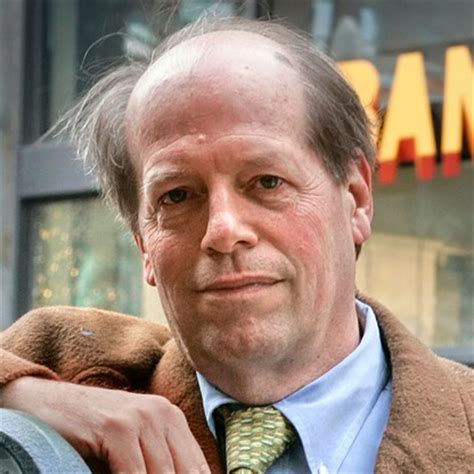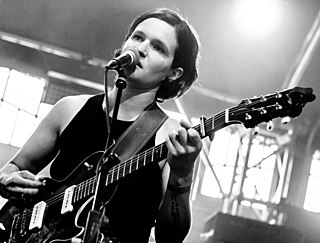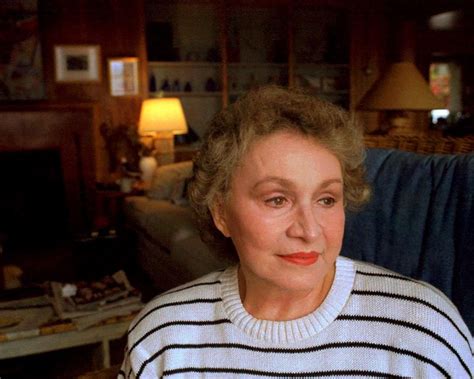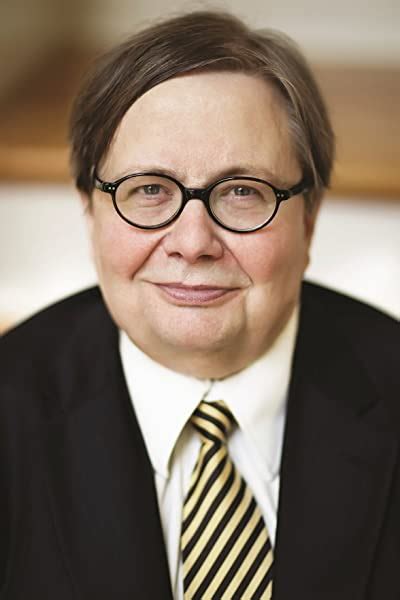A Quote by Richard Hayne
The suburb in the 1950s was a bedroom community. The father worked in the city, and the mother stayed home. Now people live and work in the suburbs, and businesses have grown up or moved from cities to certain pockets of what was once the suburbs and created these places that are like cities.
Related Quotes
The state of New Jersey is really two places - terrible cities and wonderful suburbs. I live in the suburbs, the final battleground of the American dream, where people get married and have kids and try to scratch out a happy life for themselves. It's very romantic in that way, but a bit naive. I like to play with that in my work.
For the most part, French cities are much better preserved and looked after than British cities, because the bourgeoisie, the people who run the cities, have always lived centrally, which has only recently begun to happen in big cities in England. Traditionally in England, people who had any money would live out in the suburbs. Now, increasingly, people with money live in the cities, but this has changed only in the last 20 or so years.
I wanted to live in the suburbs and have a white picket fence and my own bedroom. And a staircase - I thought having a staircase meant that you were a normal family. I thought somehow if you could transplant us to the suburbs, we would become a normal family. But in retrospect, I'm so grateful I grew up in the Chelsea.


































